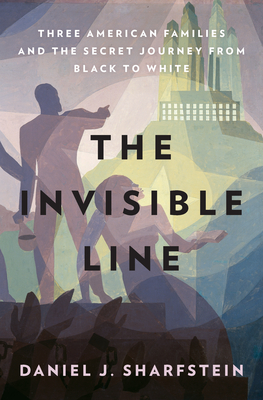through a combination of means: sexual reproduction or intermarriage with whites; migration to remote frontier areas, where race-based institutions were often less formal than in more settled areas; and property accumulation, which allowed them to become valued members of white society. In the tradition of “whiteness studies,” the fashionable academic subfield that has transformed our understanding of race as a social construction, Sharfstein’s account stresses the power and importance of self-definition. For the Gibsons, Spencers and Walls, as for thousands of other families, “race is not just a set of rules. It is also a set of stories that people have told themselves and one another over and over again. Some are rooted in day-to-day living and hard-won experience, while others derive from fear and fantasy, hope and despair.”
 In the San Francisco Chronicle, Bruce Watson calls the book "must reading." The Associated Press finds it "sweeping."
In the San Francisco Chronicle, Bruce Watson calls the book "must reading." The Associated Press finds it "sweeping." THE BLACK HISTORY OF THE WHITE HOUSE by Clarence Lusane and FAMILY OF FREEDOM: Presidents and African Americans in the White House by Kenneth T. Walsh are reviewed by Patricia Sullivan in the Washington Post. Lusane's book
probes black interactions with the occupants of the White House through the experiences and accounts of slaves, servants, political strategists, entertainers, civil rights leaders and administrative officials....Drawing on the stories of a remarkable variety of individuals, the book opens with Oney Maria Judge's dramatic escape from the temporary presidential residence in Philadelphia, and George Washington's aggressive effort to capture her.Also reviewed this week:THE-WOLVES: The Women Who Ruled England Before Elizabeth by Helen Castor in the New York Times.
